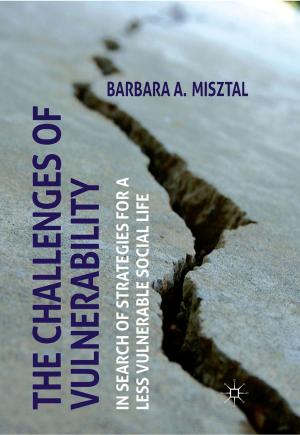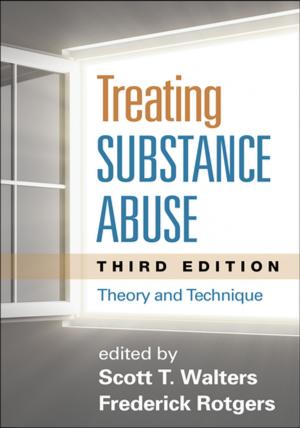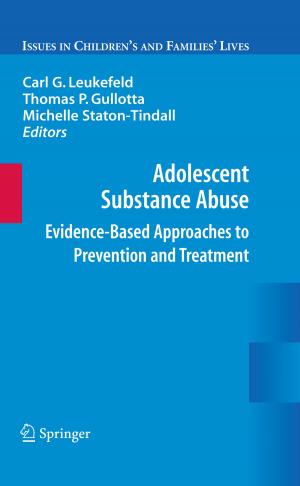| Author: | Terri Ryan | ISBN: | 9780952324973 |
| Publisher: | The International Development & Information Guides | Publication: | September 1, 2013 |
| Imprint: | Language: | English |
| Author: | Terri Ryan |
| ISBN: | 9780952324973 |
| Publisher: | The International Development & Information Guides |
| Publication: | September 1, 2013 |
| Imprint: | |
| Language: | English |
Going beyond the dysfunctional and harmful relationship established between bullies and victims, the book looks at the negative psychosocial risks created when different psychological profiles meet. Referencing over 200 experts from the specialist subject area of bullying, the book provides a comprehensive investigation into the lack of any international acknowledgement of the problem, and the absence of any convention, directive or legislation to regulate the behaviour. The book looks at the lack of any official system in place to statistically record or monitor the problem, quantify the human and financial losses, or provide any benchmark to determine when practical levels of guardianship are breached. Hostile environments without rules, which are best described in Latin as ‘Canis Canem Edit’, meaning “dog eat dog”, result in a wide range of communities such as schools, workplaces, institutions, cyber and elderly care communities becoming the predatory playgrounds of bullies and cyber-serpents, where cruel behaviour becomes a psychological power tool used to exploit and dominate others, and sometimes, a pastime exercised— just for fun. As loss after loss is counted, the clarion cry from communities, families, and friends touched and disabled by its impact becomes nothing more than a humanitarian reflex, when solutions are not followed up and sustained by legitimate action. Tragedies alone become the catalyst for change, as the notion that people are cherished is swept away. Contradictions at the core of moral and democratic values are made evident as the fundamental principles proclaiming all people have the basic right to dignity and respect are brought into question.
Going beyond the dysfunctional and harmful relationship established between bullies and victims, the book looks at the negative psychosocial risks created when different psychological profiles meet. Referencing over 200 experts from the specialist subject area of bullying, the book provides a comprehensive investigation into the lack of any international acknowledgement of the problem, and the absence of any convention, directive or legislation to regulate the behaviour. The book looks at the lack of any official system in place to statistically record or monitor the problem, quantify the human and financial losses, or provide any benchmark to determine when practical levels of guardianship are breached. Hostile environments without rules, which are best described in Latin as ‘Canis Canem Edit’, meaning “dog eat dog”, result in a wide range of communities such as schools, workplaces, institutions, cyber and elderly care communities becoming the predatory playgrounds of bullies and cyber-serpents, where cruel behaviour becomes a psychological power tool used to exploit and dominate others, and sometimes, a pastime exercised— just for fun. As loss after loss is counted, the clarion cry from communities, families, and friends touched and disabled by its impact becomes nothing more than a humanitarian reflex, when solutions are not followed up and sustained by legitimate action. Tragedies alone become the catalyst for change, as the notion that people are cherished is swept away. Contradictions at the core of moral and democratic values are made evident as the fundamental principles proclaiming all people have the basic right to dignity and respect are brought into question.















